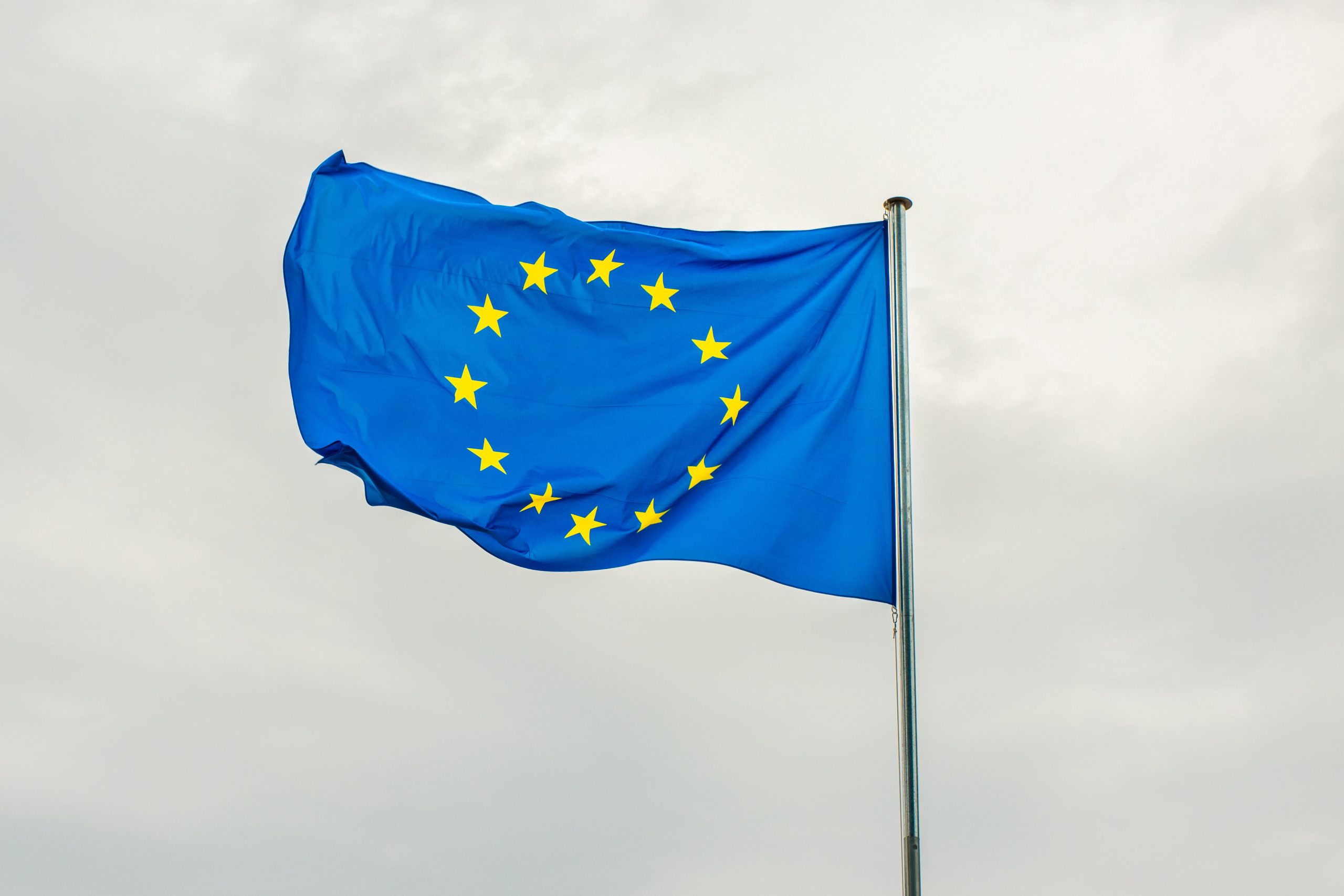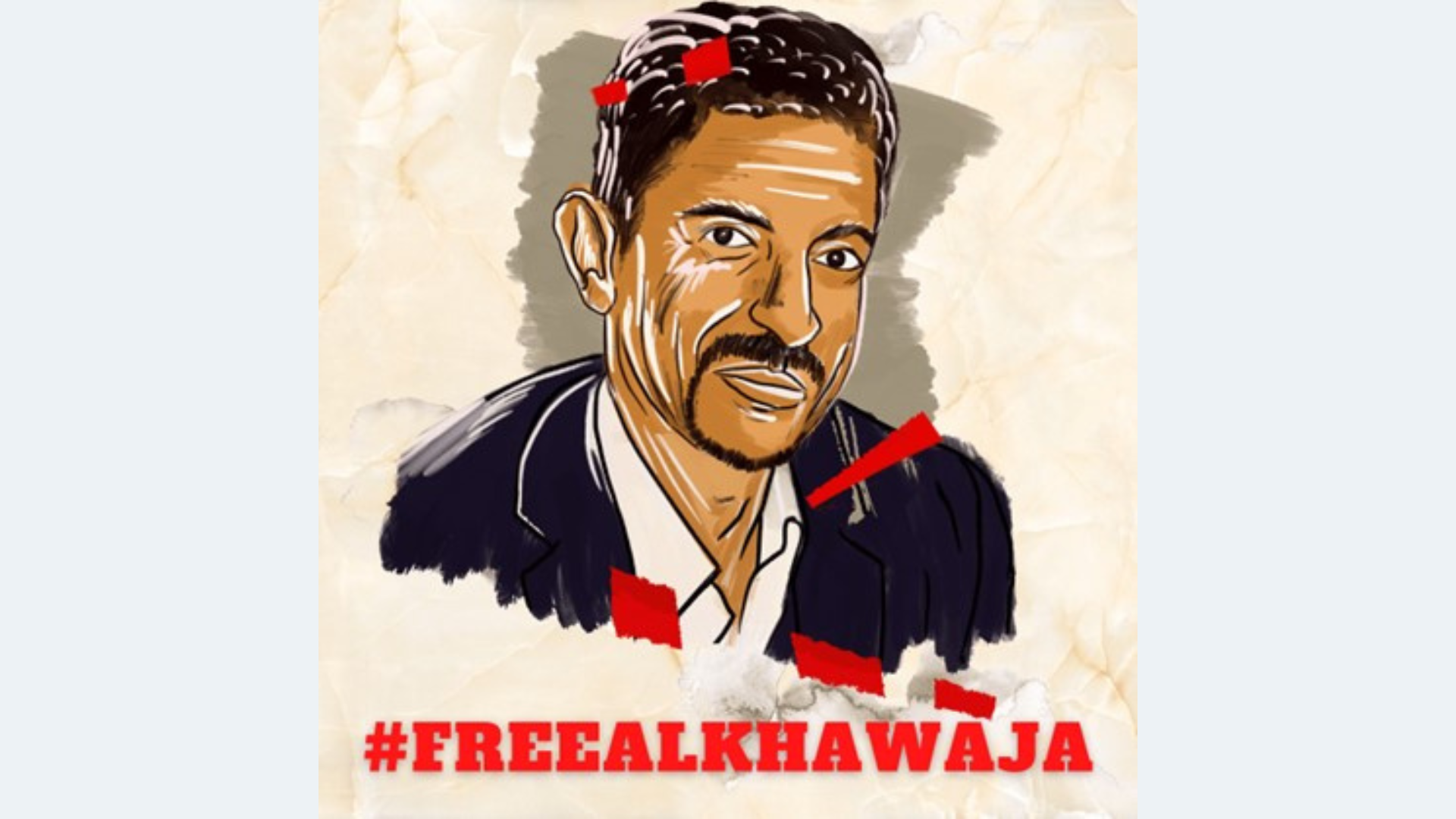We the undersigned are writing to you to raise concern regarding the decision by several European governments to suspend or review their funding to several Palestinian and Israeli civil society organisations. We are deeply concerned by these developments and call on your government to reverse any decision to halt such crucial funding. A reduction in funds to these groups and organisations erodes human rights protections across Israel and the Occupied Palestinian Territories (OPT) and call into question your ability to credibly promote and protect universal human rights values across the Middle East and North Africa.
Several European states, namely Austria, Denmark, Finland, Germany, Sweden and Switzerland, as well as the European Commission have taken measures to suspend or review their funding to Palestinian and Israeli civil society organisations due to unfounded allegations of diversion of funding to terrorist organisations. These measures have intensified following the attacks by Hamas and other armed groups on 7 October 2023, where members of Hamas and other armed groups committed summary killings, hostage-taking of civilians, and launching indiscriminate rocket attacks into Israel.
While we fully agree that accountability and transparency must be at the heart of international development aid and that donors have a responsibility to review funding regularly, we are concerned about the timing, rationale and impact of the recent announced reviews. To our knowledge, the reasons for halting or reviewing funding include unsubstantiated concerns that monies could be indirectly diverted to armed groups such as Hamas and unsubstantiated claims that legitimate work by civil society organisations documenting and denouncing human rights violations by the Israeli government amounts to antisemitism and/or incites violence against the state of Israel.
There is no credible evidence to date that any EU or European state funding has been channelled to Palestinian armed groups. Palestinian civil society organisations have for years been accused of links to terrorism in an effort to undermine their work and their legitimacy. They have been subjected to high degree of scrutiny by international donors, and aid provided has been rigorously reviewed by donors on a regular basis. The recent announcements by several European donors and the EU itself, implicitly endorse Israel’s unfounded allegations of Palestinian NGOs as having terrorist links, and have been enabled by years of misuse and abuse of global counter-terror regulations, including the Financial Action Task Force recommendation no.8.
We are deeply concerned that these decisions amount to undue interference in the work of civil society organisations that promote and protect human rights for all in Israel and the OPT. Requiring organisations to adhere to certain political lines that represent the political positions of donor states infringes upon and restricts their freedom of expression. In suspending all funding development funding to Palestine pending a review, Sweden has outlined also that it will not provide future development funding to actors who do not condemn Hamas. The absence of such condemnation of criminal acts committed by Hamas and Palestinian armed groups against Israeli civilians does not, however, amount to inciting violence or complicity in violence. Penalising an individual’s or a group’s silence on an issue directly flies in the face of their right to freedom of expression and freedom of conscience and belief. Only speech that violates the rights of others, or advocates hatred and incites discrimination or violence should be prohibited.
These decisions also seriously undermine states’ commitments to human rights defenders under the EU HRDs guidelines, the Swiss HRDs guidelines and overall commitment to human rights and freedom of association. Freedom of association guarantees that every person can organise and form and participate in groups, either formally or informally. It encompasses the right of a group to take collective action to pursue the interests of its members. The ability to seek, receive, and use funding, including external funding, is foundational to the right to freedom of association. No restrictions should be placed on the exercise of the right to freedom of association unless they are prescribed by law and are necessary in a democratic society in the interests of national security or public safety, public order (ordre public), the protection of public health or morals or the protection of the rights and freedoms of others. Unsubstantiated and discriminatory accusations associating civil society organisations operating in OPT with armed groups or criminal activities do not meet the test for legitimate limitations on freedom of association. It is a violation of international law for counter-terrorism or “anti-extremism” measures to be used as a pretext to constrain the work of independent civil society.
The decision to suspend and review funding, particularly at this time, will only contribute further to an already dire human rights situation in Israel and the OPT. Human rights defenders and organisations in Israel and the OPT are key actors in documenting human rights violations across the region, advocating for accountability for those violations, and seeking effective remedy for victims and survivors. These organisations make invaluable contributions to the work of international human rights organisations, international organisations, and governments in other regions with influence over the human rights situation in Israel and the OPT. For these reasons, Israeli authorities have been restricting their ability to receive funding, thereby making them reliant on external funding.
Finally, the credibility of European governments’ approaches to the current crisis in Gaza, the West Bank and Israel has already been damaged by their restrictions on the rights to freedom of expression and assembly for people and groups protesting the Israeli authorities’ violations of International Humanitarian law and potential war crimes against Palestinians in Gaza. Many European states are not only failing to call out Israeli Grave Breaches of International Humanitarian Law or to hold all parties who are in violation to account, but are also taking actions that result in curbing freedom of expression and assembly in Europe, and undermining civic space and protections of human rights in Israel and the OPT through suspension of support for local human rights actors.
Threats to defund or the actual halt to funding for groups and organisations that champion human rights in Israel and the OPT would align European states with repressive governments across MENA that employ similar tactics to close civic space and silence vital voices doing vital work. We know that human rights for all can only be achieved with the meaningful involvement of civil society based on principles of equality, security, justice, and human dignity. To prevent them continue their work would only undermine hopes for a future where everyone in Israel and the OPT can enjoy equal rights.
Sincerely,
- ActionAid International
- Alianza por la Solidaridad – ActionAid Spain
- Amnesty International
- Annulliamo La Distanza
- Asociación Española de Investigación para la Paz (AIPAZ)
- Association for Progressive Communications – APC
- Associazione delle Organizzazioni Italiane di Cooperazione e Solidarietà Internazionale (AOI)
- Associazione di Cooperazione e Solidarietà (ACS)
- Armadilla Scs
- Asamblea de Cooperación por la Paz
- Bloody Sunday Trust
- Broederlijk Delen
- Central Union for Child Welfare (Lastensuojelun Keskusliitto)
- Centre Delàs d’Estudis per la Pau
- Centre for Global Education
- Christian Aid Ireland
- CIDSE
- CISS
- CIVICUS
- CNCD-11.11.11
- Comhlámh Justice for Palestine
- Comité catholique contre la faim et pour le développement
- Coopération Nord-Sud
- COSPE
- Derechos Digitales · América Latina
- Diakonia Sweden
- Digital Action
- Een Andere Joodse Stem / Another Jewish Voice (Belgium)
- EuroMed Rights
- European Jews for a Just Peace
- FIAN International
- Finnish Refugee Advice Centre
- Fondazione La Locomotiva
- Forum for Development and the Environment
- Forum Ziviler Friedensdienst (forumZFD)
- Free Press Unlimited
- Frieda – the Feminist Peace Organisation
- Front Line Defenders
- Gerechtigkeit und Frieden in Palästina (GFP)
- Glas ljudstva (Voice of the people)
- Global Justice Center
- Het Actiefonds
- Hivos
- Housing and Land Rights Network – Habitat International Coalition
- Human Rights House Foundation
- Humanitas – Centre for Global Learning and Cooperation
- ch
- IM Swedish Development Partner
- Ina autra senda – Swiss Friends of Combatants for Peace
- Institut PROJA
- International Media Support
- International Partnership for Human Rights (IPHR)
- International Service for Human Rights (ISHR)
- Ireland-Palestine Solidarity Campaign
- Irish Anti-Apartheid Campaign for Palestine (IAACP)
- Irish Council for Civil Liberties
- Jewish Voice for Democracy and Justice in Israel/Palestine (Switzerland)
- Jews for Justice for Palestinians
- KFUK-KFUM Global
- La Coordinadora de Organizaciones para el Desarrollo (Spain)
- Lebanese Center for Human Rights
- MADRE
- org
- Médecins du Monde Switzerland
- Medico International
- Medico International Schweiz
- Movement for Peace (MPDL)
- Mundubat Foundation
- Nobel Women’s Initiative
- Norwegian Helsinki Committee
- Norwegian Human Rights Fund
- Norwegian Peoples Aid
- Norwegian Students’ and Academics’ International Assistence Fund (SAIH)
- Novact
- ONG Rescate Internacional
- Open Briefing
- Outright International
- Oxfam International
- Palästina-Solidarität Region Basel
- Pax Christi – Deutsche Sektion
- Piattaforma delle OSC Italiane in Medio Oriente e Mediterraneo
- PIC – Legal Center for the Protection of Human Rights and the Environment
- Platform of French NGOs for Palestine
- Première Urgence Internationale
- Rafto Foundation
- Sadaka – The Ireland Palestine Alliance
- Saferworld
- Slovene Philanthropy
- SOLIDAR
- Suomen Setlementtiliitto
- Terre des Hommes International Federation
- The Fund for Global Human Rights
- The Kvinna till Kvinna Foundation
- Trans ry
- Trasek ry
- Trócaire
- Un Ponte Per
- War Child UK
- Weltfriedensdienst e.V.
- zusa – art of collaboration




